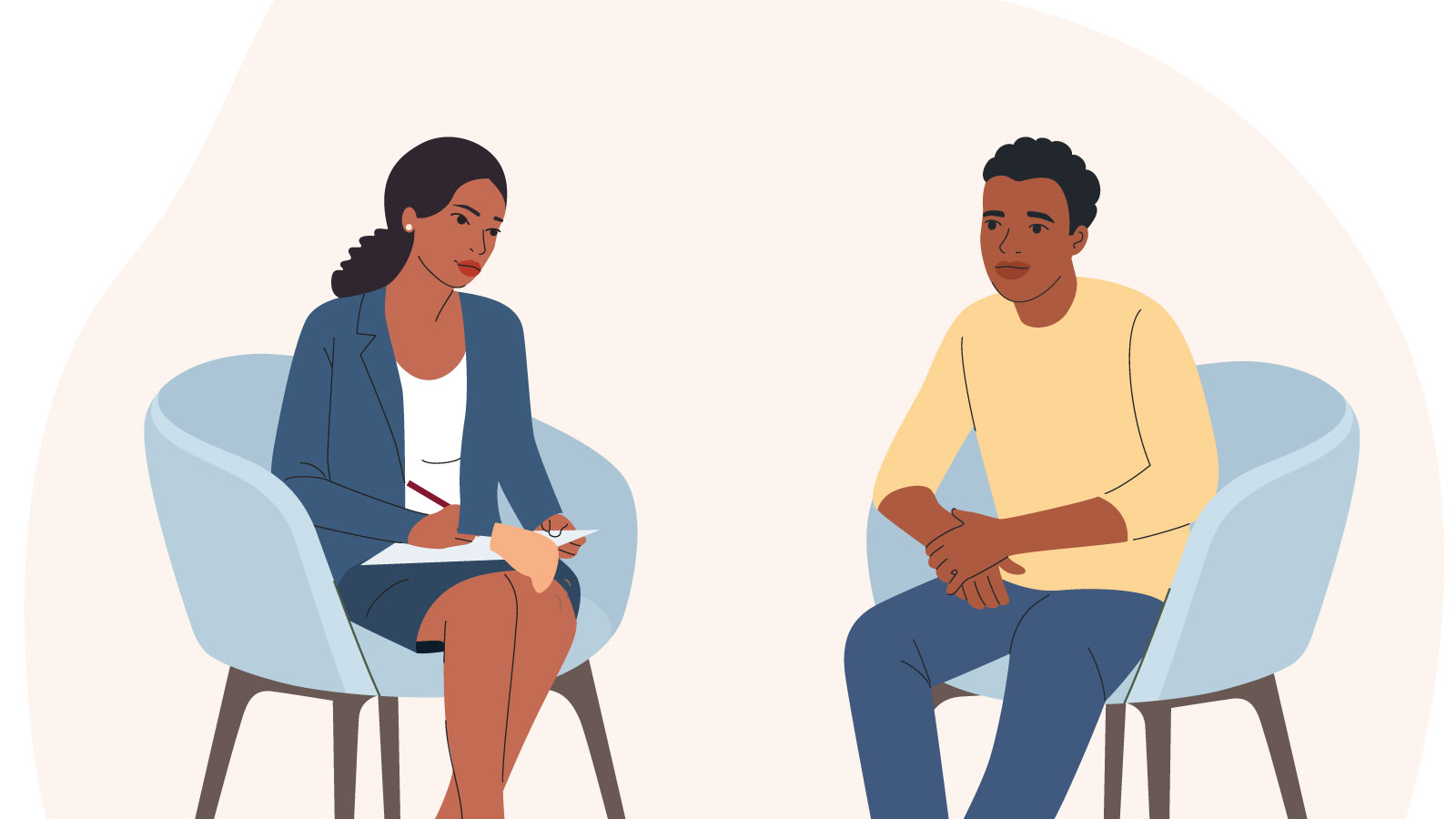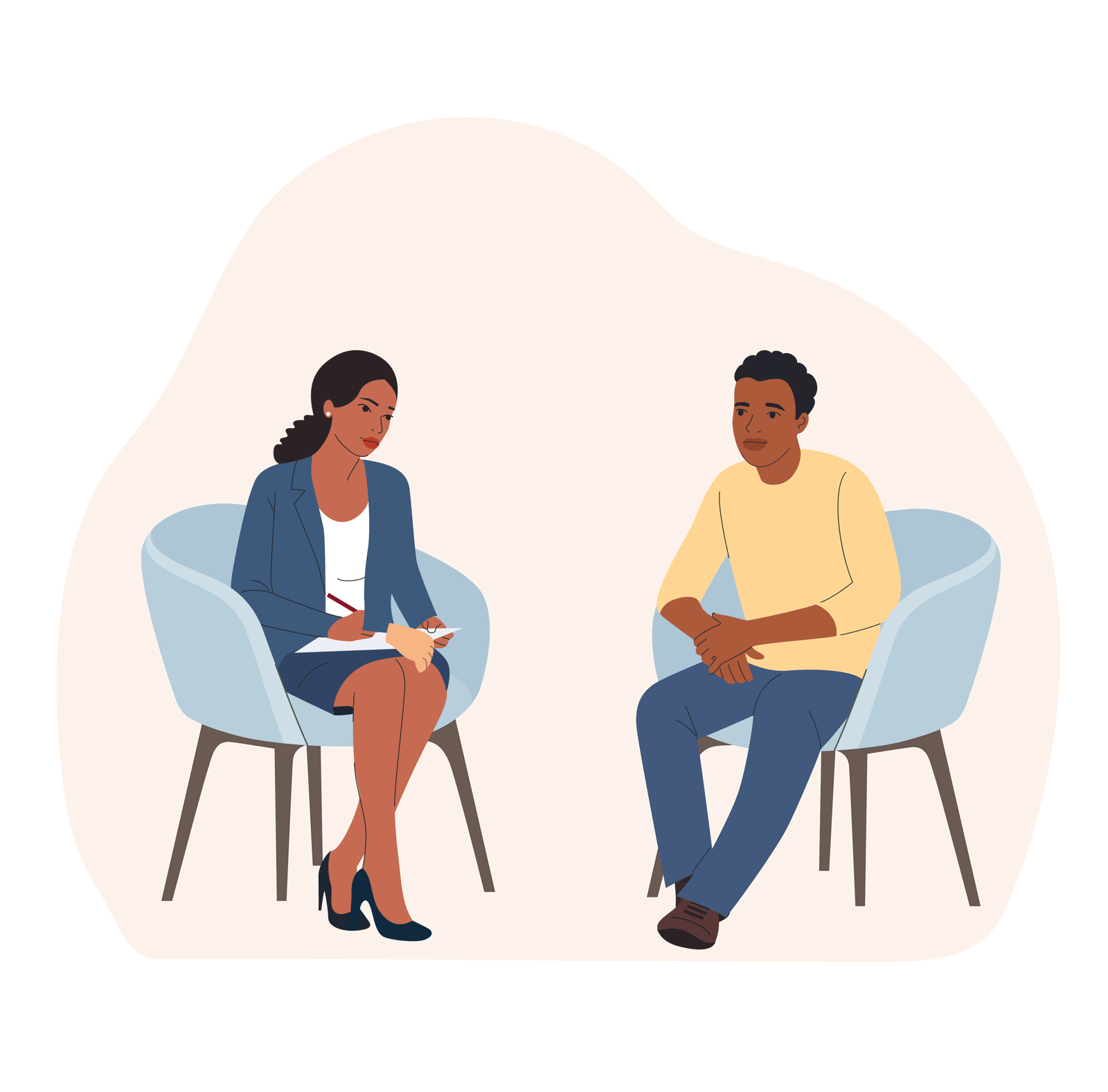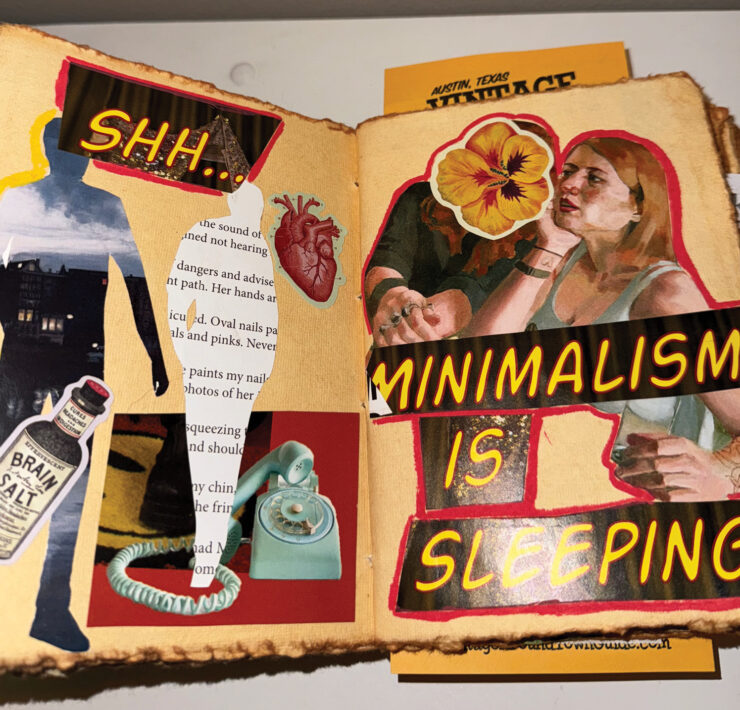The Perfect Match for Mental Health and Wellness
- This story originally appeared in the February 2024 relationship issue of COMO Magazine.

Tips for finding the right therapist for you.
Mental health is physical health, and from her vantage point as a licensed clinical social worker and owner of Affinity Counseling, Tanya Weigand notices that therapy has become a lot more mainstream in today’s post-COVID environment.
As more people embrace the concept of therapy, how do they know they’ve found the right therapist? How does a productive professional relationship with a therapist look and feel?
“Trust your intuition,” Weigand says. “If you can’t get honest with that person and tell them what’s bothering you deep down, you won’t get those bigger results you’re wanting.”
Finding the Right Fit
Weigand explains that a relationship with a therapist is not a lifetime commitment.
“It’s okay to shop around until you feel like a therapist is a good fit,” Weigand says. “Therapy is heavily weighted onto that relationship — to feel like you’re validated.”
Like any other relationship, the first meeting is important and revealing as a chance for both parties to get to know each other and determine whether it will be a good fit.
“I consider the first meeting an interview to ensure that you have the right fit,” says Dr. Christine Woods, Ph.D., a licensed clinical social worker and owner of Crowned Counseling. “In the first meeting, it is not just the therapist interviewing you, but you’re interviewing the therapist to see what their areas of expertise are, to see if you connect with them in some way. You have the right to ask questions just as the therapist has the right.”
While some therapists focus their practice on specialties like substance use intervention, children, adolescents, couples, or trauma therapy, others provide therapy rooted in faith or are trained in different modalities like dialectical behavior therapy (DBT) or eye movement desensitization and reprocessing therapy (EMDR).
Does a therapist have experience with the issues you want to discuss? Are they familiar with different resources, coping skills, or strategies that may be helpful for that particular issue? Can they help you reach your goals?
“Whatever your goals are, you want someone who is not going to tell you everything you want to hear, and will gently push you to do the work on your end that needs to be done,” Weigand says. “If you don’t have that goal identified, a good therapist will help you figure that out.”
While primary care physicians, school psychologists, and other healthcare professionals are often a good place to get referrals for trusted therapists, there are many online resources for locating a therapist with the experience and qualifications you are seeking.
“There’s Psychology Today, Therapy for Black Girls, and a number of other websites that you can Google to bring up a therapist,” Woods says.
In addition to finding a therapist with experience in the areas that apply to you, Woods says finding a therapist who understands you can also be key to forming a strong relationship.
“Research shows that we do better when there is someone who looks like us, so it might be important to find a therapist of color,” Woods says. “Does that always have to be the case? It almost can’t be the case because there are so few therapists of color. But I believe that anyone can help if they have the right credentials and they have the cultural competence to relate to people.”

Doing the Hard Work
Once you’ve selected a provider with the relevant expertise and qualifications, how can you judge whether that provider is the right one for you?
“Connection feels like being comfortable in a space, feeling like the therapist is attuned to what you’re saying, feeling like you’re seen in a space — like nobody is just tolerating you or looking at a time clock,” Woods says. “Finding a professional connection is finding someone who can help me through this tough time, someone who can tell me what might be the best approach. You can show up authentically yourself and they can understand where you are and you’re not being judged.”
Finding connection does not mean that your therapist always agrees with you or tells you what you want to hear. In fact, a good therapist might still challenge your thoughts and actions, but that needs to happen within the context of a positive relationship.
“You might still get challenged, there might be hard things to hear, but the therapist is giving hope and giving strategies and helping to move past hard things,” Weigand says. “Being challenged is okay if you feel positive about therapy, if you feel like you’re safe and being heard.”
Accessing Care
With COVID, many were forced to transition to virtual therapy visits — also called teletherapy — as in-person visits weren’t an option. Today, virtual therapy visits have proven to be a valuable tool for making therapy more available and accessible.
While the fear of walking past a secretary or waiting in a waiting room may have kept people away from therapy, those barriers are removed with virtual sessions. Virtual sessions can also be easier to schedule into an already busy day.
“Telehealth has been a good option for convenience,” Weigand says. “You can log in on a lunch break without having to drive anywhere, and that has helped with gaining access as well.”
While time can certainly be a barrier for many, Weigand says that taking the time to improve yourself can pay off.
“With full-time jobs and other responsibilities, people can feel that it is too hard to do therapy, but what I’m finding is that by taking these steps, it alleviates some of these issues, makes them feel like they have more time or are more productive during the time they have,” Weigand says.
One Size Does Not Fit All
A therapist who is right for one may not be right for another, because therapy is about people connecting with people. When it comes to therapy, there is not a one-size-fits-all solution.
“I’m a big believer in you have to pick what works for you,” Weigand says. “What’s comfortable for you, what therapist feels right for you, and that need might be different for different people.”
While a relationship with a therapist, much like any relationship, is built over time, both Weigand and Woods say it is important to remember that choosing a therapist is not a lifetime commitment.
“It’s okay to switch therapists,” Weigand says. “You may get to a different stage of your life and want to hear a perspective from a new therapist, and that’s okay to do, too. It doesn’t have to be this lifelong commitment if you don’t want it to be.”
There may also come a time when you’ve learned the necessary strategies and reflected on the issues you wanted to focus on, and the relationship with a therapist naturally comes to an end.
“There can be a natural termination where the person has the tools they need to continue in their journey on their own,” Woods says. “A natural ending to therapy relationship; those are the ones that you want.”








